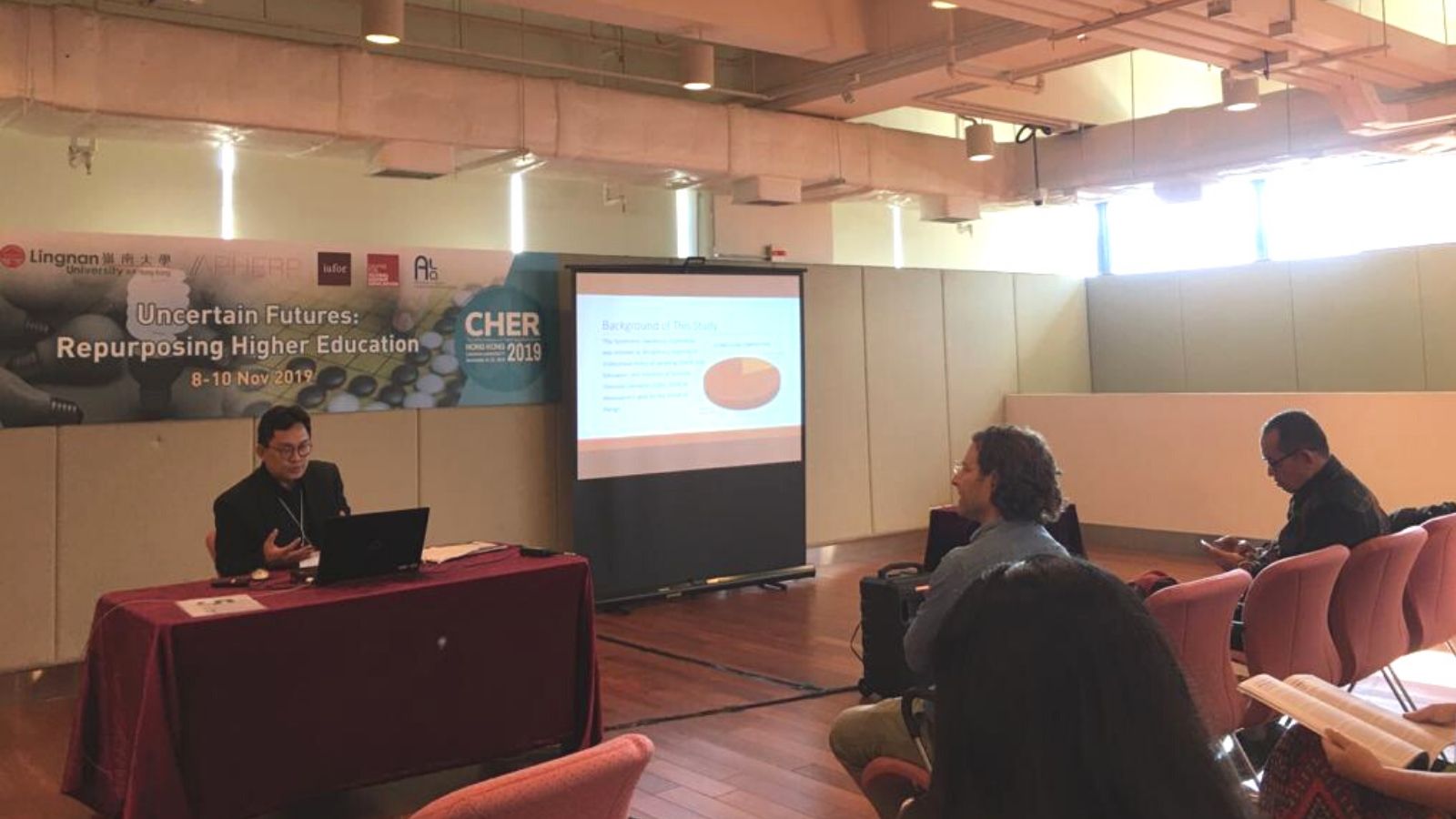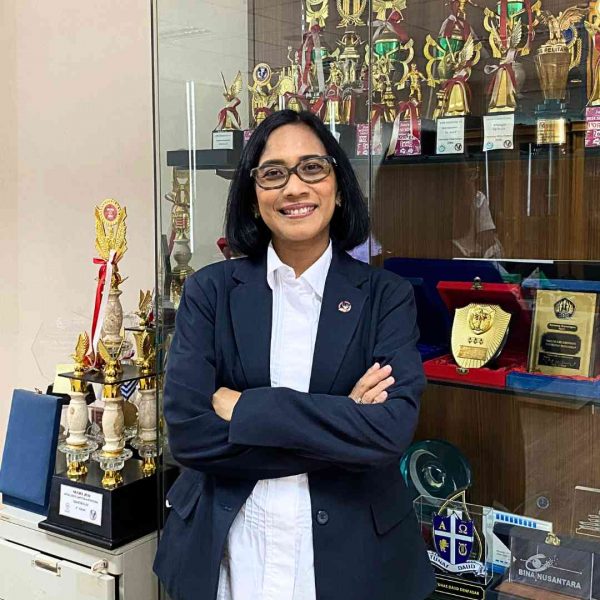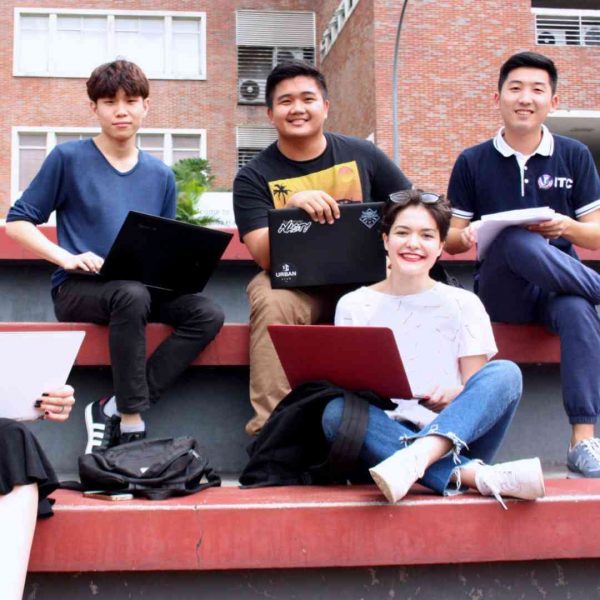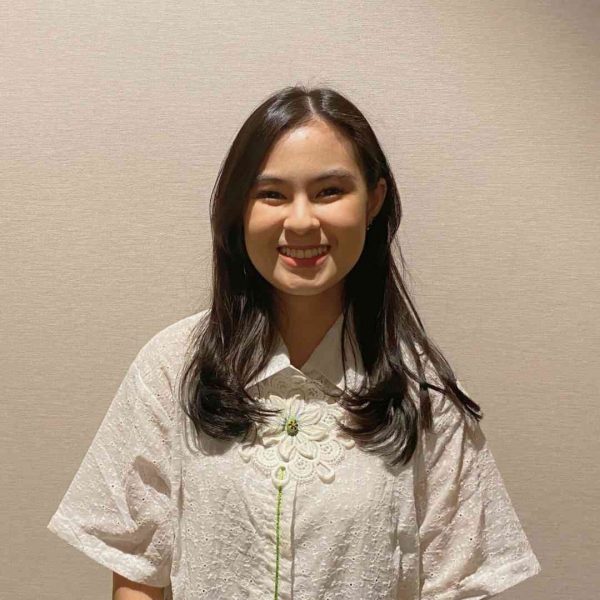2019
Representing Indonesia, UPH Talks about Liberal Arts Implications in The Asian Conference.

Universitas Pelita Harapan (UPH) has been entrusted as one of the universities that represents Indonesia in The Conference for Higher Education Research 2019 and The Asian Conference on the Liberal Arts 2019; an international conference held by Lingnan University, the Asia Pacific Higher Education Research Partnership dan The International Academic Forum, on November 8-10, 2019, in Lingnan University, Hongkong. In this conference, UPH was represented by Matthew R. Malcolm, Ph.D. – Dean of the Faculty of Liberal Arts, and Elya Kurniawan Wibowo, S.Sn., M.A. – a lecturer from the School of Design (SoD), who would present the implications of Liberal Arts which they have done in Indonesia, specifically in UPH.
The conference which was attended by more than 100 participants from a total of 25 countries was held while thinking about the globalization era that offers so many rapid changes that are full of uncertainties. Aside from numerous positive impacts, there are also an equal amount of negative impacts of globalization. The development of technology and robotic, has shifted the understanding of work ethics and human interaction. According to Elya, these facts were being discussed in a conference through the theme “Uncertain Futures: The Role of Liberal Arts Education”.
“The purpose of our attendance in this conference is to share and to obtain insights from other academicians around the world, in relation to the ‘secret’ in developing a liberal arts-based higher education, both in a macro-scale, like Malclom said, as well as in a macro-scale, just as I had explained,” said Elya.
In this conference, Malcolm presented his research with the topic ‘The Development of Liberal Arts Education in Indonesia’. This research revolves around the latest development in Liberal Arts education in Indonesia, especially in UPH.
Through his research, Malcolm illustrates how the current situation in Indonesia contributes to the development of the re-identified higher education in this 21st century. Malcolm did his research by doing a compare and contrasts between Liberal Arts education in other parts of Asia and the rest of the world, and by concluding the current situation in Indonesia. Malcolm described how religious studies became prominent in general education, with the aim of uniting the transformation of society.
On another hand, Elya talked about one of the developments of interdisciplinary learning approach for Art History and Civilization in School of Design (SoD) UPH. Through the abstract of the research entitled ‘Synchronic and Diachronic Exploration in Faith-based History’, Elya along with SoD UPH, attempts to find new ways of integrating Christian Worldview in order to bridge Liberal Arts general education and disciplinary education.
“The discussion that I presented was still in a form of an abstract of a paper that I will write. The theoretical thinking and findings of what I will be writing in this paper is the result of a previous internal research that has been done in the Faculty of Design. In art, design, and architecture, design thinking has shifted from material object to a social-materiality as its final objective,” Elya stated.
The research that has been done also became an attempt to mediate a learning that enables socio-materiality and a faith, art history, design, and architecture-based emphasis to be taught, not as an exploration of chronological artefact, but as human critical reflection, as a worldview, civilization, and artefact produced by individual and social groups by paying attention to the time and place.
In addition to presenting their research, through this conference, both Elya and Malcolm also hopes that they could obtain some insights about any potentials or possible drawbacks that may be helpful for UPH in developing its Liberal Arts education.
This conference was followed by 120 delegates and more than 80 master students from 30 countries all around Asia, Oceania, Europe, North America, Central America, and Africa. The participants were mostly researchers from the higher education sector, senior university administrator, government officials, and policy analysts. Aside from UPH, some other universities in Indonesia were also present to present their research including Universitas Brawijaya, Universitas Bengkulu, and Universitas Pendidikan Indonesia.



